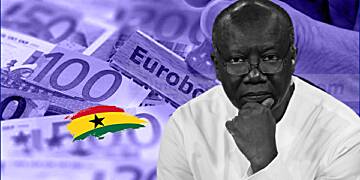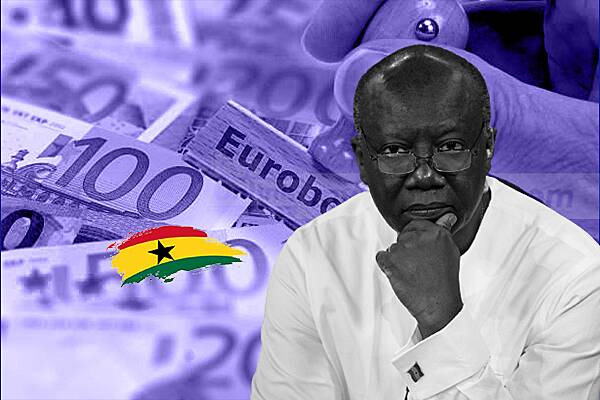Ghana’s attempts to revive its economy are taking a hit as it failed to meet the deadline of November 1st set by the International Monetary Fund (IMF) to release the second installment of a $3 billion bailout package. The country is currently negotiating a debt restructuring plan with foreign creditors, and the delay is a result of this. The country has requested $10.5 billion in debt reduction.
Ghana has proposed to its commercial creditors to reduce its debt obligations by as much as 40% in an effort to achieve financial stability. It has also asked for further debt restructuring agreements with bilateral creditors, such as China and the Paris Club.
The IMF had set the November 1 date for the disbursement of the second tranche, worth $600 million, contingent upon Ghana meeting certain financing assurances from its creditors. Unfortunately, Ghana has been unable to secure all the necessary assurances, putting the scheduled payment in jeopardy.
The debt restructuring initiative forms a crucial part of Ghana’s three-year Extended Credit Facility (ECF) program, aimed at reorganizing approximately $10.5 billion of the nation’s external debt, which had reached nearly $30 billion by June 2023.
Differing opinions have arisen regarding the conditions for receiving the second tranche, which would bring the total disbursement to $1.2 billion following the IMF’s first review. Ghana’s Information Minister, Kojo Oppong Nkrumah, has expressed skepticism about the necessity of reaching an agreement with external creditors before accessing the next installment, suggesting that it might not be a precondition.
On the contrary, the IMF’s Mission Chief for Ghana, Stephane Roudet, has emphasized the importance of obtaining the required financing assurances from external bilateral creditors before the IMF board can approve the next tranche of funds, echoing the process undertaken before Ghana initially secured the IMF program.




















